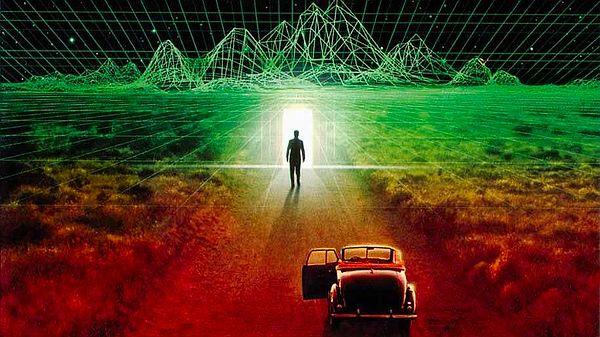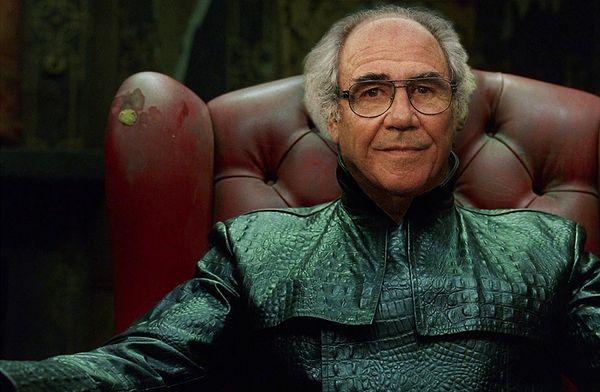One of the most boiling debates recently is whether or not the universe is a simulation.
Skepticism on this topic goes back to the fifth century. Parmenides argues that the everyday perception of the reality of the physical world is wrong and the world is an unchanging, ungenerated and indestructible whole.



